


Sen-Foong Lim
gamer level 3
1031 xp
1031 xp
followers
18
18
Use my invite URL to register (this will give me kudos)
https://boardgaming.com/register/?invited_by=senfoonglim
profile badges
...
...
...
...
recent achievements

Observer
Follow a total of 10 other gamers.
Follow a total of 10 other gamers.

Advocate
Give 25 hearts (loyalty points) to a single game
Give 25 hearts (loyalty points) to a single game

Follower
Follow another gamer by clicking "Follow" after reading a review or viewing their profile.
Follow another gamer by clicking "Follow" after reading a review or viewing their profile.

Supporter
Give 10 hearts (loyalty points) to a single game
Give 10 hearts (loyalty points) to a single game
Player Stats
Critic (lvl 2)
365 xp
365 xp
Explorer (lvl 0)
50 xp
50 xp
Professor (lvl 2)
411 xp
411 xp
Reporter (lvl 0)
75 xp
75 xp
About Me
I like making and playing all sorts of games. I generally prefer games that merge and balance theme and mechanics well. I'm also very fond of card games and team games.
Oh, I also make games!
I'm one half (the prettier half) of the team responsible for "Train of Thought" and "Belfort" - look out for more games from us in the future as well!
I'm a member of the Game Artisans of Canada - a group of like-minded game designers who collaborate to help each other make the games you want to play!


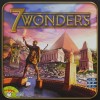

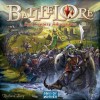

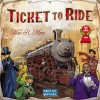

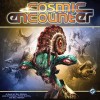

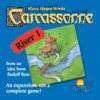







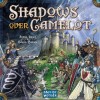


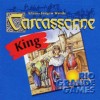




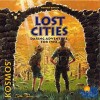





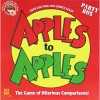



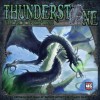


Kingdom Builder
That’s the Japanese word that couples two seemingly diametrically opposing ideals: simplicity and complexity. And that’s what we have here in this game – a game that you can learn in mere minutes but, due to some smart design, has a depth that is belied by such simple mechanics.
Some have described Kingdom Builder as “Through the Desert Lite”. And, to me, that’d be a compliment. TtD is one of Knizia’s better titles and one of his personal favourites. KB takes the general premise of TtD, simplifies it in some ways, but makes it more compelling in others – the 3 random (and sometimes contradictory!) goals being the main driving force here. The changing goals plus modular board setup makes for excellent replay value. The ease of learning makes the game well-suited for introductory gaming, playing with younger people (my 8-year old son can play well and teach the game to adults), and tournament play (as seen at BGG.con last weekend).
My personal take on this game is that I wouldn’t say no to playing it because it is learned and played so quickly – with almost no down time between players – that it doesn’t matter if I wanted to play something else – KB is not going to eat up too much time on the table. It’s just gravy on top that I can play it with my 8-year old. I’m not going to go out of my way to pick up a copy on my own behalf, but if my son sees it and wants it, it’d be a no-brainer – I’m sure my wife would like it and my younger son is just going to get older 😀